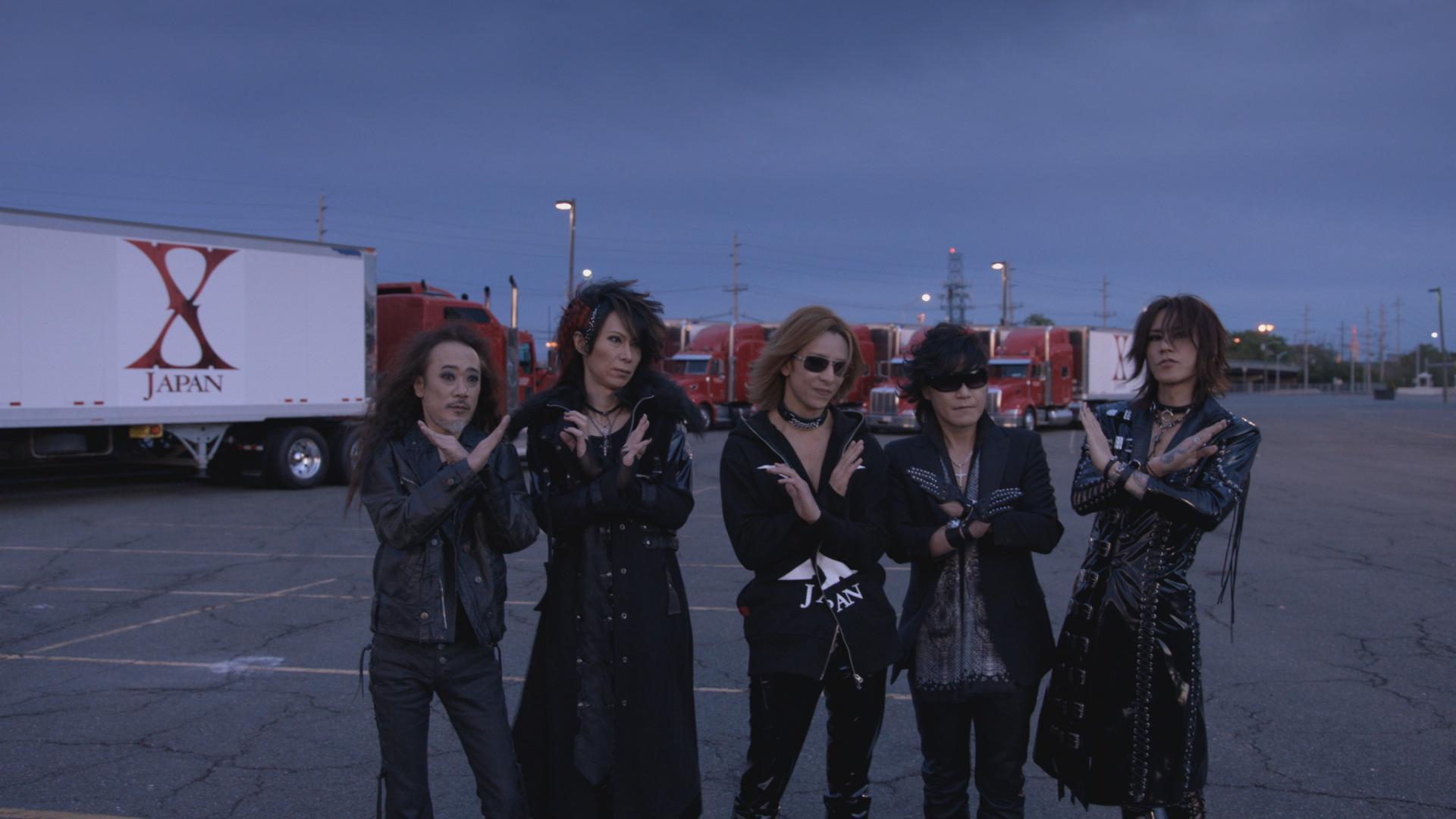As a story to go down in musical folklore, X Japan’s takes some beating. But to live it, as Yoshiki, the lead of Japan’s biggest band has done, is a different matter.
“It was a very interesting time but also a very dark era,” explains Yoshiki Hayashi, an understated way to describe X Japan’s most intense period which involved a break up, one member being brainwashed and another’s tragic death.
Things had started out much more fun. The band exploded out of the 1980s Tokyo rock scene in a melee of hair, cross dressing, speed metal and power ballads, gathering a huge, fervent fan base, racking up 30 million album sales and doing a hell of a lot – between wearing Princess dresses, garnish make-up, and hair that has been spiked, straightened, dyed and hairsprayed to the max – for the visual kei look in Japanese culture.
But the wheels came off X Japan in the 1990s in pretty spectacular fashion. A foray into America ended abruptly when their debut with Atlantic records was left gathering dust. In 1997, the lead singer and Yoshiki’s childhood friend, Toshi left the band for a simpler life. It later transpired, he’d been brainwashed by a cult. The following year, the band’s lead guitarist, Hide, was found dead, in a presumed suicide, which sparked copycat incidents among X Japan’s fanbase. Former bassist Taiji, who left the band in 1992, has also since died after an alleged suicide attempt.
At the time X Japan’s was a story that few outside the band’s homeland knew. But in the ten years between splitting up and reuniting in 2007, an equally fervent, global fan base grew, thanks to word on the world wide web. So much so, that when American filmmaker Stephen Kijak – who had no previous knowledge of the band – was approached to make a documentary about them, X Japan were preparing to play a sell out show at Madison Square Gardens.
It’s here that Kijak’s documentary We Are X begins, before following Yoshiki on a journey into the band’s painful past. After it’s UK premiere at London Film festival, i-D sat down with the X Japan lead and the filmmaker to discuss We are X, and the band behind the film.
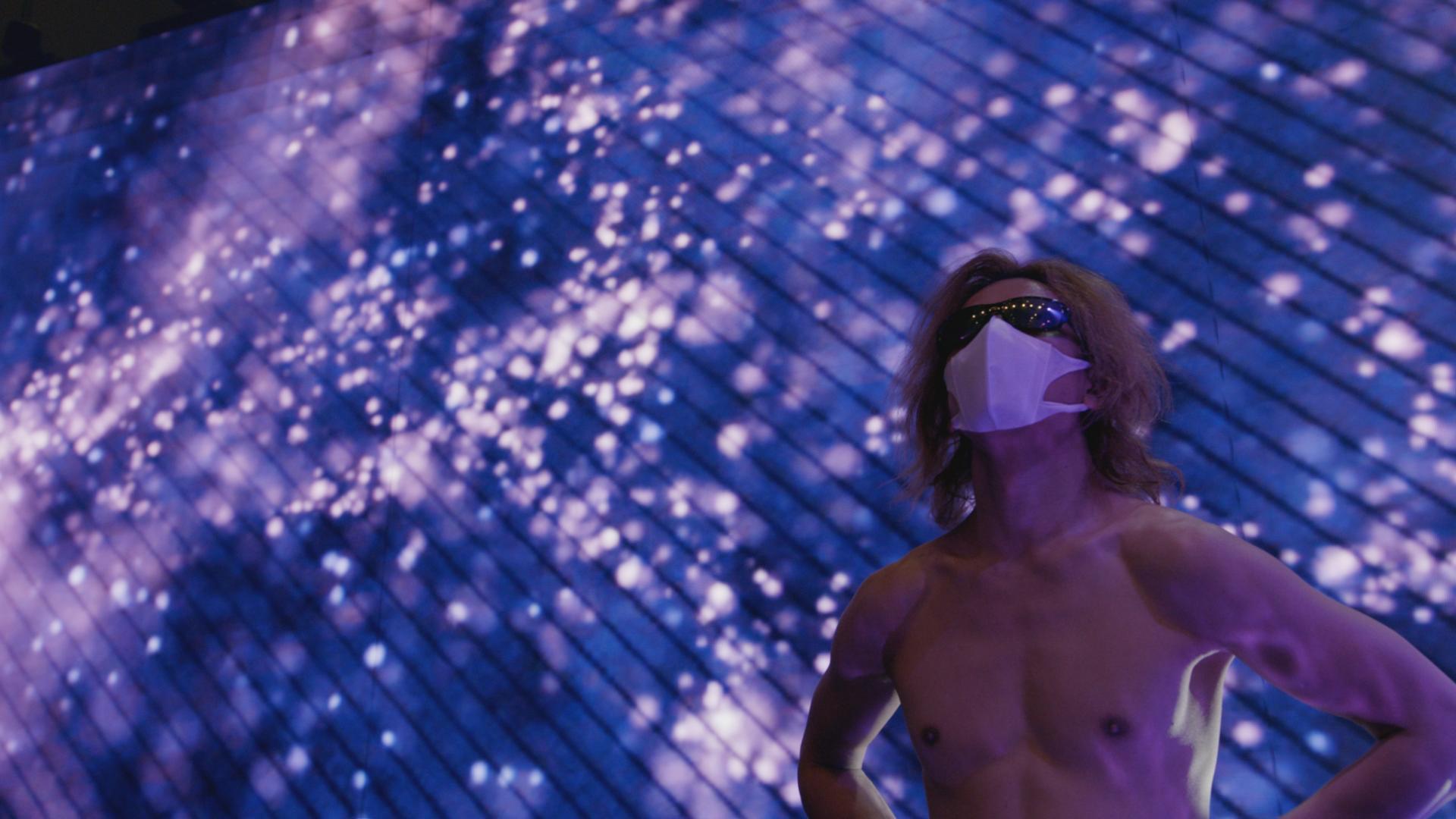
Yoshiki, how did this project come together?
Yoshiki: Several years ago my American agent said I should make a documentary film. I thought, hell no. It’s way too sad. Our drama is way too dramatic. I don’t think I can take it. We had that conversation a lot for several years. I felt this film could help people who are suffering from mental pain so I said, let’s do it.
Stephen, did you know the band?
Stephen: No. My first contact with them was visual. You google them and you get these fantastic images. Then I was put to shame knowing that this whole world existed I didn’t know anything about.
What was the idea behind the visual kei look?
Y: One of my first bands was Kiss. I was heavily influenced by Bowie, his style and by bands like Japan, Duran Duran, Sex Pistols. Also we were playing really heavy music and a friend of mine suggested we wear army looks, be masculine and cool. The next day I showed up in a Princess dress. We were against anything. We enjoyed going against what people said. Every single day was Halloween.
S: In the UK when Bowie would cross dress it was very much about gender and sexuality but when I talked to X Japan’s biographer, she just looked confused [by the idea]. She said it was really about freedom.
Y: Exactly.
S: It’s about freedom and breaking the mould, putting a mirror up to the audience and saying you can be like this. It was less about gender and more about changing existence, changing reality.
Y: I came from a classical music background which was very strict. You had to think how Beethoven, Chopin or Mozart thought. That’s all I had been taught. Then I found rock and began to define it in my own mind. Rock should be freedom. When I started to play a lot of things, the critics started saying you need to do this or that. But we were about being against that; breaking every single rule. Freedom.
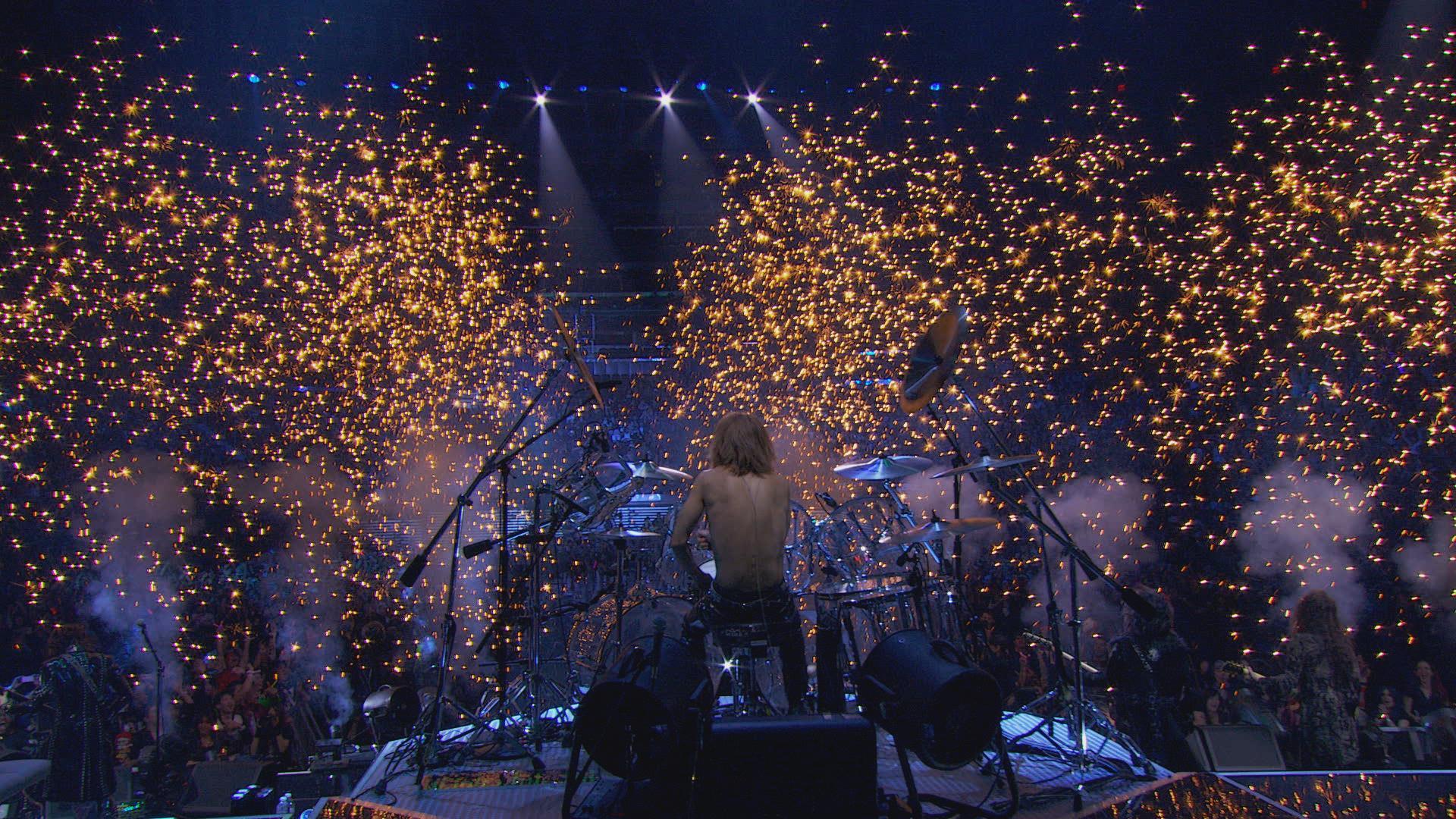
Those early visuals often led to misconceptions about the band and the kind of music they play. Were you aware of that making the film?
S: At first, like a lot of people, the misconception is that it’s hair metal or Poison but when we talked it became clear that the roots are much more interesting. There’s punk, there’s glam, there’s Bowie, there’s Kiss…there was common ground.
Y: It’s really different from hair metal.
S: Totally. Just because you guys have incredible hair. The influences come from all sorts of things that I grew up loving.
Yoshiki, were you aware of similar misconceptions about the band when you first tried to break America?
Y: That didn’t stop me at all because we already experienced [that] in Japan. We were already the black sheep. We didn’t belong anywhere in the Japanese music scene. When we first showed up, no one understood. We got attacked by critics every day. We received a review in a Japanese rock magazine that said, “this band doesn’t even deserve to have a star [rating]”. We had zero stars. We didn’t belong anywhere. Musically or how we looked. We didn’t really care.
What was the challenging aspect of making the documentary for you, Yoshiki?
Y: Cameras following me around all the time. My mother didn’t think I would live long so when we signed to Sony Records she told them, “film Yoshiki as much as you can while he’s alive”. Since then, the cameras have rolled. The hard part was talking about my father’s suicide [when Yoshiki was ten], my guitar player’s death, my bass player’s death, how my vocalist became brainwashed and turned to a cult.
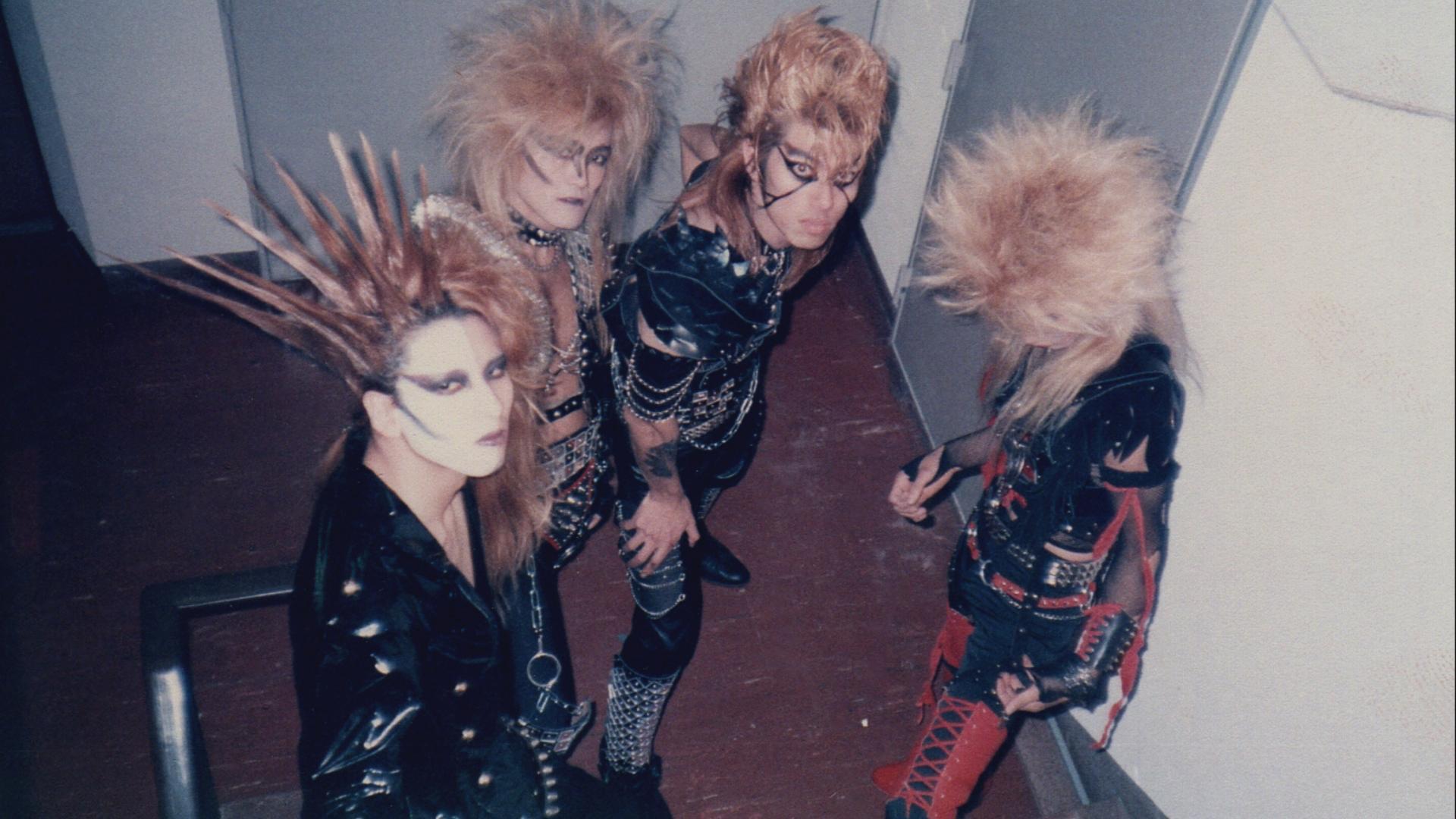
How difficult was it to hand control over to Stephen?
Y: I usually direct everything from the drum set. It’s almost impossible for me to do that [with this film] because every single moment is painful.
Did you learn anything from watching the film?
Y: How chaotic our life was. It’s kind of strange but also [I learned] how strong I am. Every single moment, I am fragile but I looked at the film and realised I’m strong, I’m still here. I’ve gone through all this drama but I’m still here.
How do you look back on the band’s history now?
Y: Our band ended sadly in 1997. Toshi, who I grew up with, got brainwashed, left the band. Five months later, Hide passed away. Once we were reunited, we had fans all over the world. I thought am I dreaming? Did I die? It was too strange to be true. The band wasn’t doing anything for ten years, just suffering.
In the film, all your rock n roll excess is enacted on stage. Is that the reality?
S: Didn’t you have a nickname, like Dynamite? That if people went in your direction, you’d explode?
Y: We didn’t go in that direction for this film [laughs]. Well I mean, we don’t do drugs. But we drink a lot.
How did you get your original hair to work?
Y: A lot of hairspray. We used to have a hairspray car following us. We did!
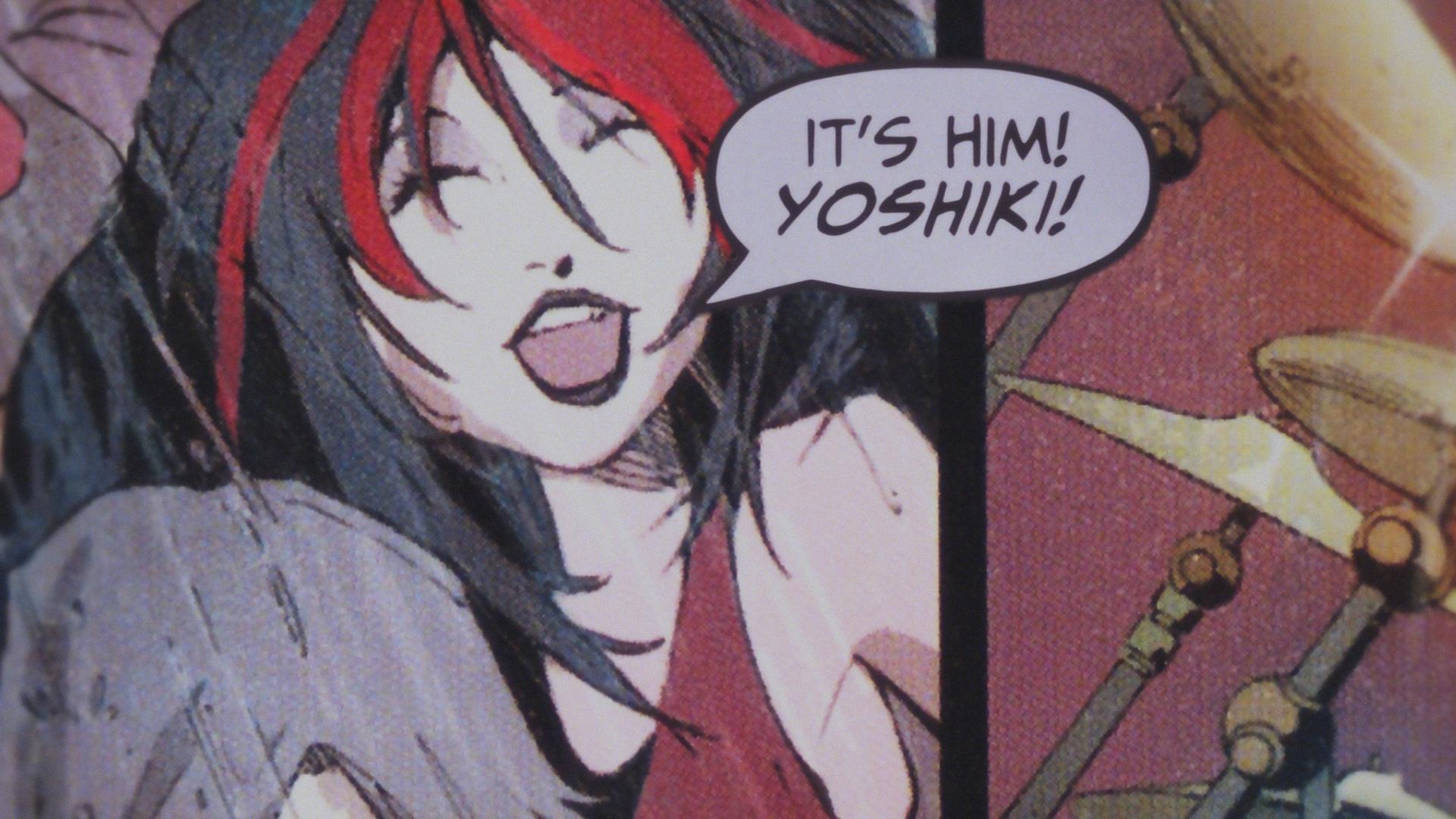
wearexfilm.com / xjapanmusic.com
Credits
Text Colin Crummy
